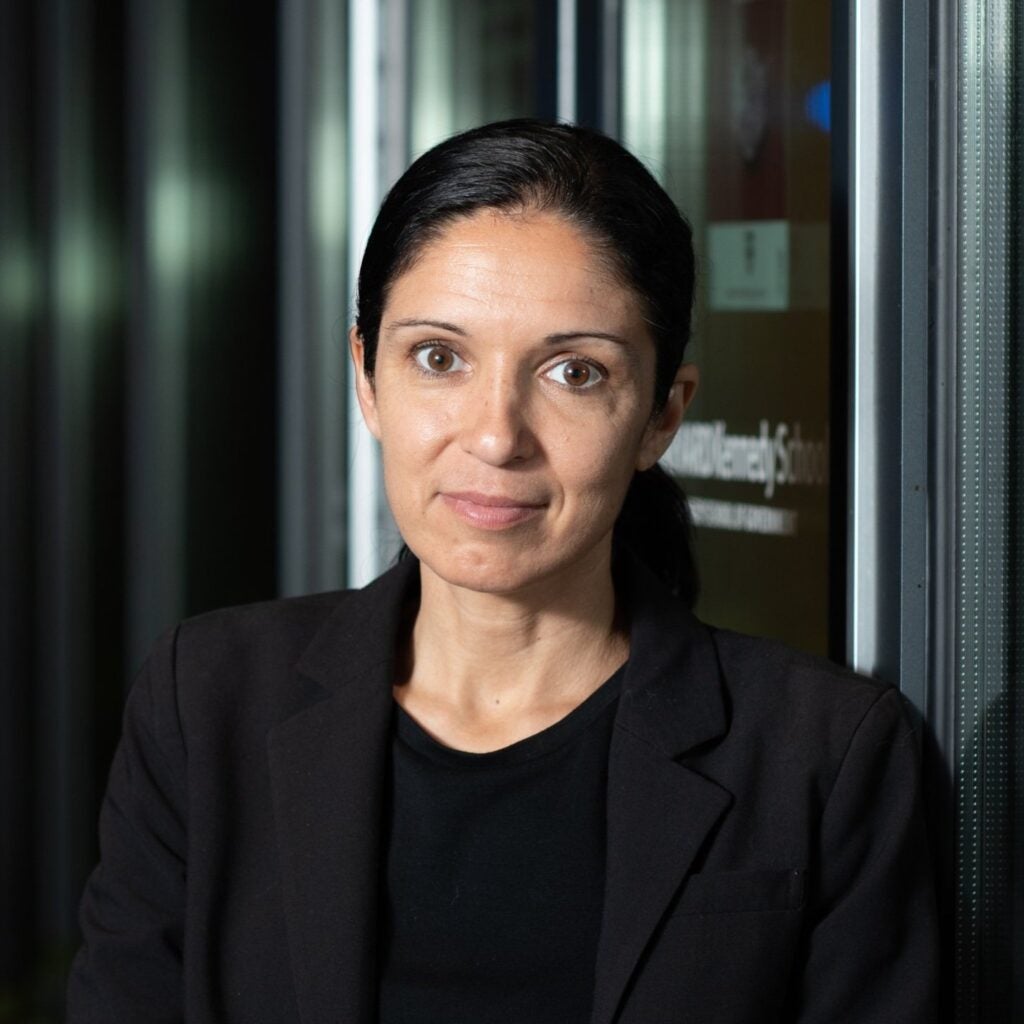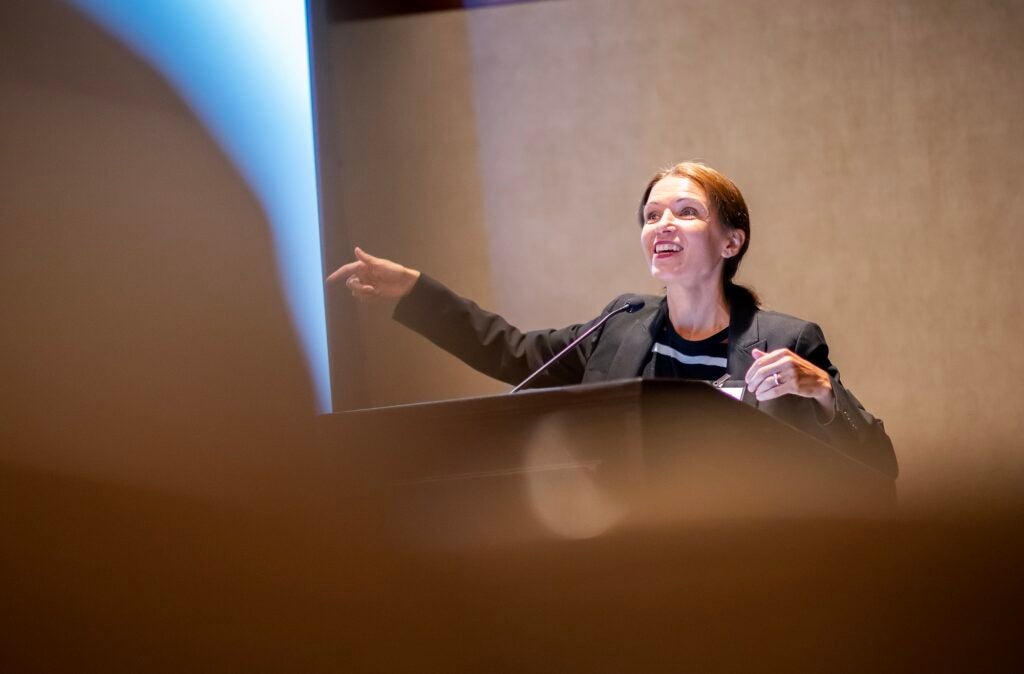Q&A with Dr. Marcella Alsan on why the U.S. doesn’t have national health insurance

Why doesn’t the United States have national health insurance, and what was the role of the American Medical Association (AMA) in that decision? This is a question Marcella Alsan, MD, PhD, Angelopoulos Professor of Public Policy at Harvard Kennedy School, discussed in her keynote speech at CHIBE’s Behavioral Science and Health Symposium this November.
You have a working paper on this topic showing the AMA financed a campaign against national health insurance using a PR firm. Can you briefly explain how this campaign used ideology to influence the behavior of ordinary people, leading to the rise of private health insurance in the U.S.?
The AMA’s campaign against national health insurance (NHI), managed by Whitaker & Baxter, leveraged 2 primary tactics: physician outreach and mass advertising. The campaign distributed over 50 million pamphlets, with slogans tying private insurance to “freedom” and “the American way.” This messaging, directed at both patients and civic groups, painted NHI as “socialized medicine” and “un-American.”
Our results show that the campaign had meaningful effects on beliefs and behavior: a one standard deviation increase in campaign exposure led to a 20% decline in support for legislation for national health insurance and a similar increase in private insurance enrollment—about 14 million new enrollees. Legislators in areas with high campaign exposure increasingly used language similar to the campaign in their speeches, particularly among Republicans, aligning public policy discourse with the campaign’s rhetoric.
These findings collectively show how the AMA’s campaign, by tapping into fears of the time, reshaped public opinion and gave rise to the modern private insurance industry.
This is a historical paper, but in a column you mention that the findings may take on new significance considering recent evidence showing the importance of health insurance on reducing health inequality and decreasing mortality. What impact do you hope your paper has?
We hope that we can provide greater insight into the historical narrative that the rise of private health insurance was an efficient or accidental outcome related to tax policy. We show that the uniquely American heavy reliance on private health insurance was partly due to a carefully crafted and expensive public relations campaign that citizens at the time were not entirely aware of.
The historical analysis might also encourage reflection on the current organization of health care in the U.S., including among academics, clinicians, and employers.
Do you think the U.S. will ever have national health insurance in the future?
Our study illustrates how a particularly profitable sector of the economy can use its resources to influence policy through affecting public opinion and reducing demand for the policy. The question of whether the U.S. will ever adopt NHI is complex, as any shift would require not only policy change but also a significant change in how we have been “educated” to think about health care in the United States.
It’s possible, but it will take resources and I’m not sure where those will come from, especially given the margins being made in the current system.
